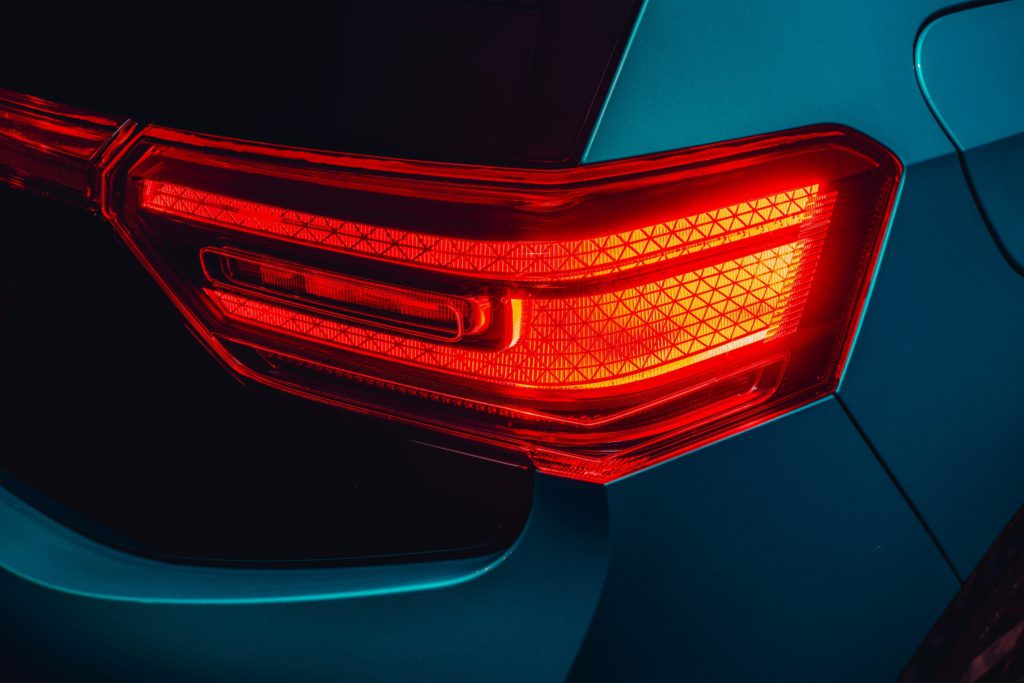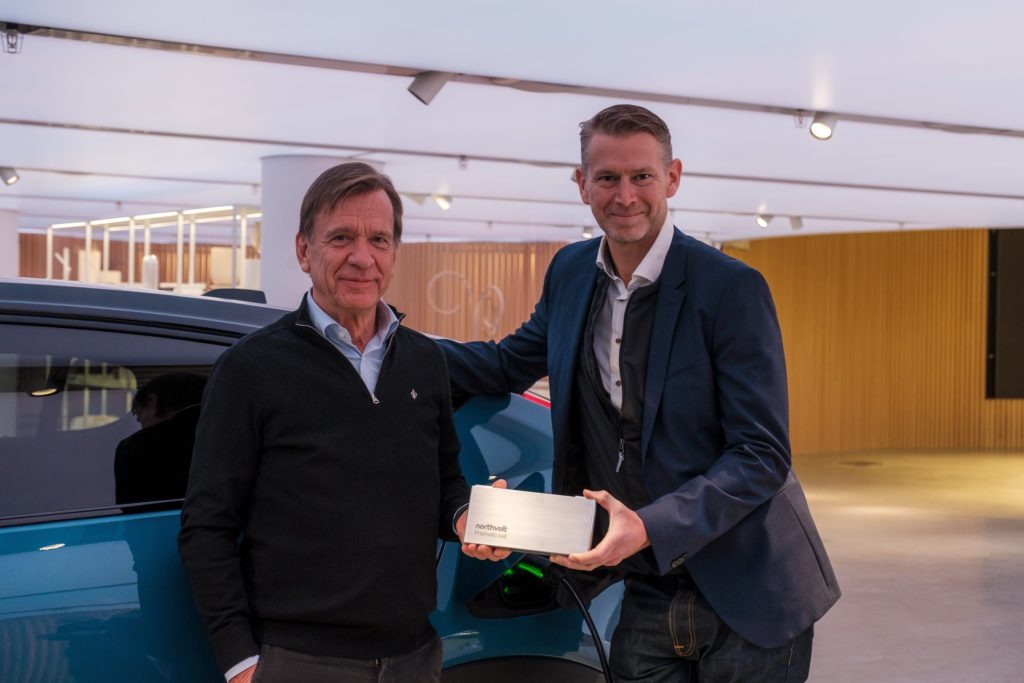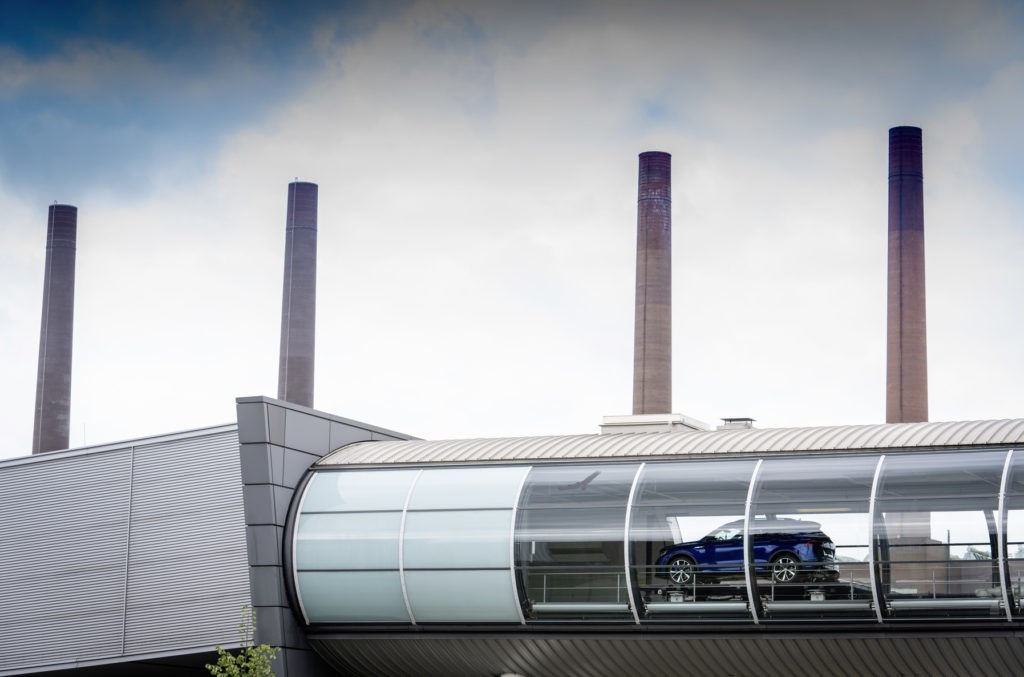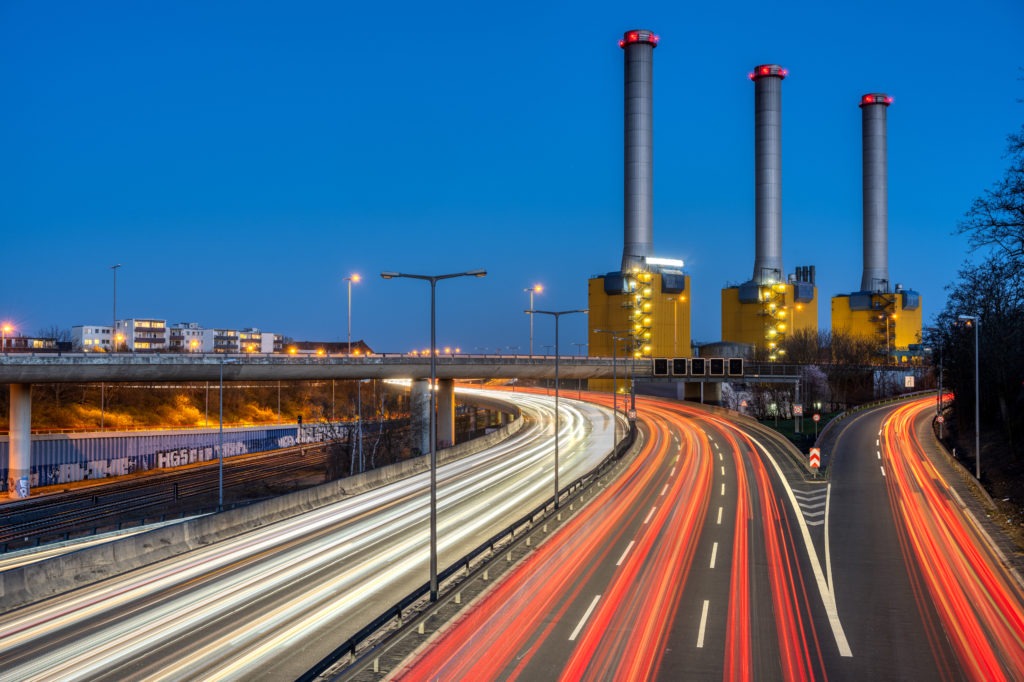VW opens EV pool to Chinese carmakers
15 December 2021
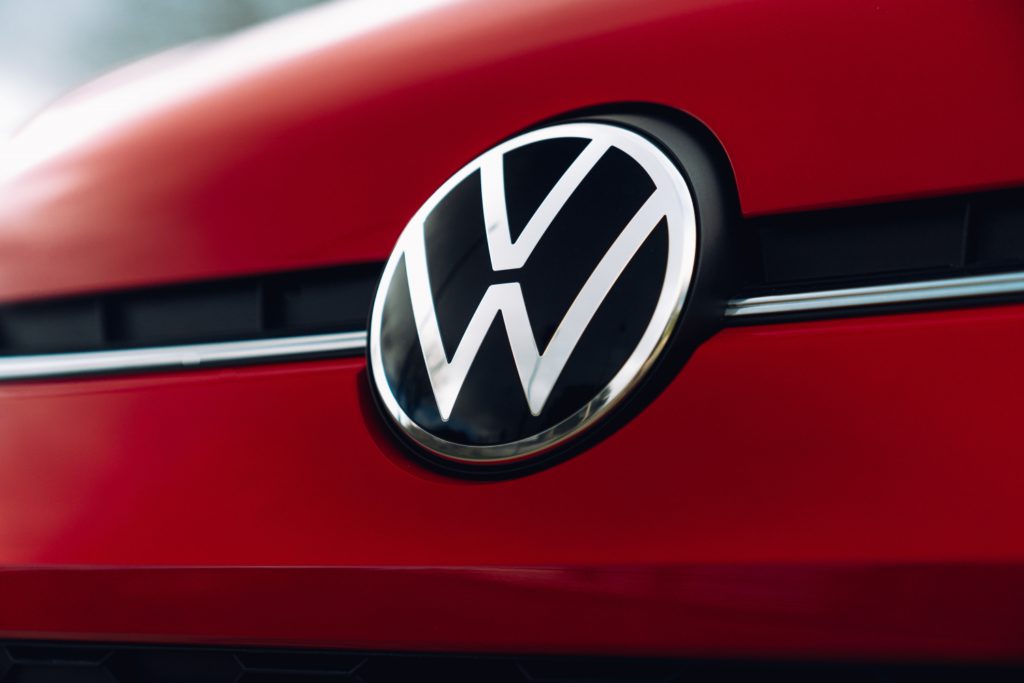
Volkswagen Group (VW) has opened its CO2 pool to Chinese electrically-chargeable vehicle (EV) makers Nio, XPeng, and Geely-owned Lynk & Co. The three companies have now joined VW’s open EU passenger-car CO2 pool that allows manufacturers to group together and act jointly to meet emissions targets.
The news was revealed by Schmidt Automotive Research, which found a total of six Chinese carmakers are now part of the pool, citing official European Commission documents. The other three Chinese manufacturers – Aiways, SAIC‘s MG brand and Geely’s London Electric Vehicle Company (LEVC) – were already members of the pool.
Controversial practice
VW failed to achieve its EU fleet average CO2 targets of 99g/km last year, following the late ramp-up of its modular electric platform (MEB) models while the company dealt with software delays and glitches. The EU penalises carmakers if they exceed their respective annual emissions targets, with automotive companies facing hefty fines if they do not meet standards that require an EU-wide fleet average of 95 grams per kilometre of CO2.
The method of CO2 pooling is considered controversial as it allows companies to count their fleets as one in order to avoid fines. Specific emissions targets are set for each manufacturer, which take into account the average mass of the OEM’s newly registered vehicles. VW decided to open its pool to three additional EV makers although it confirmed with Autovista24 that it will meet its emission target for this year.
‘As already communicated, VW is confident that it will be able to achieve the vehicle-fleet limit in EU27 + 2 this year on its own. Open pools are, however, generally open to other participants, so applications must be checked accordingly. Nio, XPeng and Lynk & Co have applied to join our open pool for cars in EU27 + 2, which will exist until 2022, and the members of the pool have agreed to this,’ VW told Autovista24.
Jaguar Land Rover recently pooled its emissions results with Tesla, helping the brand close in on its target. While creating lucrative partnerships with electric-car manufacturers such as Tesla – or with Nio and XPeng in VW’s case – allows carmakers to reduce or avoid sanctions, the practice has gained criticism.
The NGO Transport and Environment (T&E) recently said carmakers’ CO₂ targets are weakened by regulatory loopholes, including pooling sales with other manufacturers. OEMs have been working to electrify their car fleets to reach compliancy. While T&E said the majority of carmakers are compliant when it comes to hitting emissions targets, it estimates 840,000 electric-car sales will be lost due to loopholes – this also includes adjusting CO₂ targets for heavier cars, eco-innovation credits, and super-credits multiplying sales of plug-ins.
New entrants
Nio and XPeng recently started selling EVs in Norway, using the country as an entry point to gain wider access in Europe. Nio, known for its battery-swapping services, plans to launch in Germany in 2022. XPeng also intends to increase its market reach in the region, aiming to enter Sweden, Denmark, and the Netherlands next year. Meanwhile, Lynk & Co, the result of a joint venture between Volvo and its parent company Geely, launched in several European countries last year.
‘Both Nio and Xpeng, joining the pool for the first time, and remaining in 2022 also, are recent arrivals to Europe with limited volumes, mainly in Norway so far this year,’ Schmidt noted in the report. ‘Geely’s Lynk & Co under the Zheijang Geely Automobile Co Ltd began making inroads into Europe during the last months, focusing on internet connectivity and car-sharing.’
Chinese manufactures have been rushing to Europe to take advantage of the growing EV market. Despite their comparatively small sales volumes in the region, competition is set to increase in the coming months, with these companies eager to create awareness around their brands.
